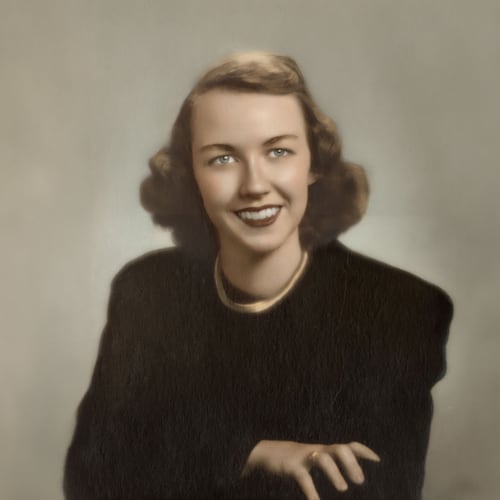Prepare to be schooled this fall. The latest crop of Southern books lean heavy on nonfiction this season. They range from a colossal biography of a civil rights icon to the memoir of a drag queen to a reexamination of Emmett Till’s murder. Even the fiction has historical roots.
Here are seven eagerly anticipated books publishing in the coming months.
Credit: Simon & Schuster
Credit: Simon & Schuster
Sky Full of Elephants
Following a catastrophic event in which all the white people in the U.S. drown themselves in the sea, Charlie and his teenage daughter, Sydney, meet for the first time. Together they traverse the country from Wisconsin and D.C. to the Kingdom of Alabama in a postracial odyssey. Cebo Campbell’s humorous, insightful literary debut, “Sky Full of Elephants” (Simon & Schuster, Sept. 10), explores themes of community, healing and reckoning with what it means to be Black in America.
Credit: Hub City Press
Credit: Hub City Press
Come By Here
Brunswick native Neesha Powell-Ingabire explores what it was like growing up in the Geechee culture of the Georgia coast in “Come By Here” (Hub City Pres, Sept. 24), a memoir in essays. In bold, crisp prose, she explores racial injustice, Christian hypocrisy, coming out, the Darien curse, meeting her father for the first time at age 6 and checking herself in to a psychiatric hospital for suicidal ideation, among other topics.
The Barn
Mississippi journalist Wright Thompson, author of “Pappyland,” revisits the 1955 torture and murder of 14-year-old Emmett Till supposedly by two white men for allegedly whistling at a white woman in “The Barn” (Penguin Random House, Sept. 24). This historic account reveals new details about where the violent events took place (the same place where the blues was born) and who all was involved, which, according to Thompson, included at least eight men.
The Fabled Earth
Cumberland Island is the setting of Kimberly Brock’s new novel “The Fabled Earth” (Harper Muse, Oct. 1), involving three women and dual storylines. In 1959, a reclusive artist, a folklorist and a widowed innkeeper become immersed in the fallout from events that occurred on the island in 1932. Adding intrigue to the narrative is a Gilded Age gala that ends badly, an impending “storm of the century” and the burning of Dungeness mansion.
Credit: Ardmore Avenue Publishing
Credit: Ardmore Avenue Publishing
Mr. Charlie Brown: Bitch of the South
RuPaul may be the most famous drag queen to come out of Atlanta, but a close second is his mentor, Charlie Brown (born Charles H. Dillard). The infamous emcee of Charlie Brown’s Cabaret at Backstreet for 15 years sadly died in March, but his legacy lives on in this autobiography, “Mr. Charlie Brown: Bitch of the South” (Ardmore Avenue Publishing, Oct. 1), cowritten with Richard Eldredge. It traces his life from growing up the grandson of a Baptist preacher in rural Tennessee to rubbing shoulders with celebrities like Janet Jackson and Madonna.
John Lewis: A Life
If anybody deserves a 704-page biography, it’s civil rights icon John Lewis, and David Greenberg delivers with his definitive biography “John Lewis: A Life” (Simon & Schuster, Oct. 8). Based on interviews with more than 275 sources, Greenberg’s account traces Lewis’ storied life from a childhood of poverty in Alabama to Freedom Rider to March on Washington speaker to Student Nonviolent Coordinating Committee chairman to victim of a near fatal beating by state troopers on the Edmund Pettus Bridge in Selma, Alabama, to voter education champion to U.S. Congressman to “the conscience of Congress.”
The Pool is Closed
When Hannah Palmer sinks her teeth in a topic, she doesn’t let it go until she’s exhausted all its possibilities. The author of “Flight Path: A Search for Roots Beneath the World’s Busiest Airport” turned her attention to water a few years ago, resulting in a series of art installations with Flux Projects called “Ghost Pools” that explored public pool segregation. She continues that course of study with “The Pool is Closed” (LSU Press, Oct. 16), an exploration of the environmental policies and racial politics that shape access to clean water and the anxieties of raising children in a time of environmental catastrophe.
Suzanne Van Atten is a book critic and contributing editor to The Atlanta Journal-Constitution. She may be reached at Suzanne.VanAtten@ajc.com.
About the Author
Keep Reading
The Latest
Featured





